
NATURE
25-08-2020 di redazione

The elephant, as well as a species to be protected for its precious tusks, can increasingly prove to be a friend of man and Nature.
Certainly the biggest, but also the most useful in things you would not expect. A study by the American Lifesaving has found that even his excrements can become indispensable (as well as free) on many occasions.
And it must be said that the elephant produces several, about fifty kilograms per day, because the adult pachyderm can eat even two hundred kilos of food per day.
American research has identified at least ten uses of elephant poop, among which the most widespread by populations living in close contact with them, particularly in equatorial areas, is to use it to keep away mosquitoes!
Here they are:
1 ANTIZING
By setting fire to the dried dung of our fanged friend, the smoke from the combustion is enough to repel the mosquitoes, without having to rub it on your skin. Surprisingly, burnt manure does not have a particularly pungent odor and is significantly less offensive and harmful to the nostrils than chemical repellent sprays.
2 PAINKILLER
If you are in the savannah struggling with minor pains, there is no better medicine than elephant poop.
As a result of the wide variety of fruits and plants that an elephant consumes all day long, their waste products are a unique remedy for traditional medicine. In their feces you can find traces of much of the foliage that an indigenous healer would have used in his treatments. Once the manure is lit, you have to wait for the flames to go out, at which point you can inhale the smoke. All you need is a deep breath and a headache will go away from you, as well as relief from toothache or earache.
3 ANTIEMATIC
A heated and then cooled dung ball will stop the bleeding nose, healing and healing wounds. So rather than looking for the savannah for the grass or bark used to treat a specific disease, just consider inhaling some elephant poop!
4 ECOLOGICAL PAPER
Despite the large amounts of food you put in your mouth, an elephant digests only about 45% of what it consumes.
Elephants are herbivores and prefer highly fibrous diets, so much of the undigested material goes straight through them intact fibers.
And this is why a cellulose-like cellulose for paper products can easily be obtained from excrements. Today our eco-friendly paper is more commonly made from wood fiber pulp, but a similar pulp can easily be derived from elephant dung fibers.
The average elephant excretes enough excrement to produce 115 sheets of paper every day. The paper produced has a slightly different consistency from what we are used to, but it would be preferable to write on slightly rougher paper rather than watching our forests being felled.
5. FERMENTED COFFEE
You have probably already heard of those fashionable coffee beans that have passed through the digestive systems of civet, a small animal present mainly in the East whose coffee beans it feeds on are collected from their feces, then washed, fermented, dried and roasted, before being sold for considerable sums of money.
Well, now it seems that someone in the Golden Triangle in Thailand had a similar idea, but on a much larger scale. Instead of civets, a herd of 20 elephants feed and expel coffee beans worth $500 per pound.
They call it "black ivory coffee," and for now it is sold exclusively in five-star resorts throughout Asia and the Middle East. The only place you can buy it if not in the East is at "The Elephant Store," a small store in Texas, where all profits go to the preservation of the species. Elephants are totally herbivorous (unlike civets) and the fermentation process they use to break down cellulose in their food highlights the sweet fruity flavors of the coffee bean they eat and gives it a chocolaty flavor and cherry aftertaste. All traces of bitterness disappear, and it has also been described as a sort of hybrid tea and coffee thanks to its softness on the palate.
6 DRINK
The success of "Black ivory coffee" has inspired an even stranger drink called "Unkono Kuroai".
The name of this strange drink is a pun on the Japanese word "Unkoai", which means "poo".
The same coffee beans that have been expelled by elephants are then processed by the Sankt Gallen Brewery using the beer method. Its flavor remains similar to that of coffee, soft and sweet, with its initial bitterness that lends itself to hints of chocolate. The fermentation also creates some gr
STORIES
di redazione
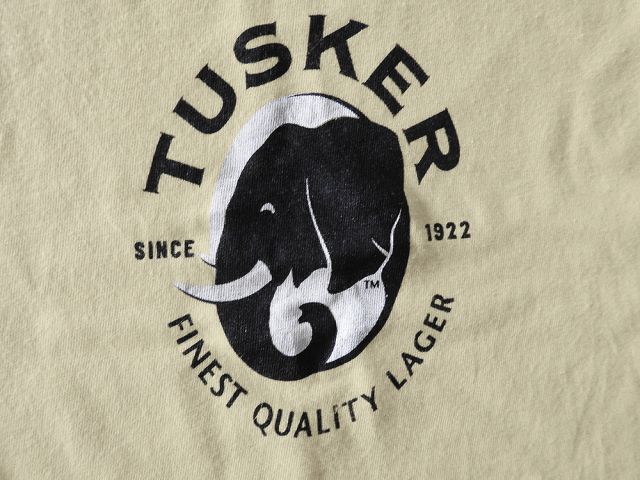
Many famous labels of spirits and distillates in the world hide, behind their sometimes curious names, sometimes resounding, curious legends or interesting implications related to their founders or places of production.
This is the case of Kenya's national beer, now...
PLACES
di redazione

The Bio Ken Snake farm in Watamu is definitely one of the most interesting and useful places to visit in the tourist town.
The structure that houses the largest collection of snakes in..
di redazione
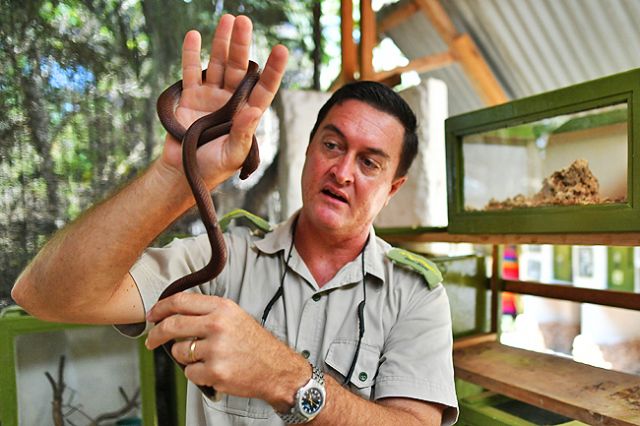
Watamu suddenly loses his snake father and founder of one of the most important reptile centres not only in Kenya, but in much of...
PARKS
di redazione

Amboseli National Park is undoubtedly one of Kenya's most popular parks, and we can agree that the reason for its fame is Mount Kilimajaro, which stands out as a stunning backdrop, visible from every point in the park.
Covering an...
PARKS
di redazione
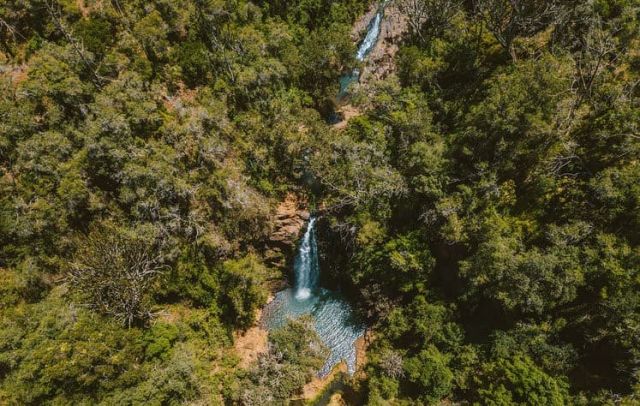
They call it 'Tarzan's Paradise'.
The azure pools formed by the waterfalls of the Ngare Ndare forest, amidst liana rocks and wild animals are unquestionably one of Kenya's wonders to...
NEWS
di redazione
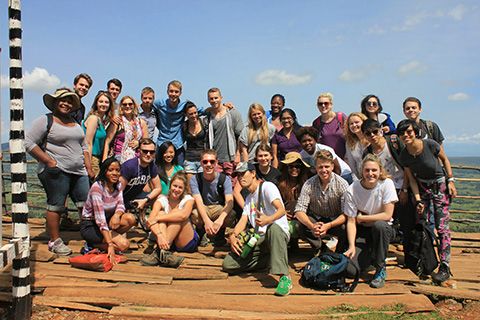
Watamu is not only a paradise for tourists and for those who fall in love with Africa and then returns, but also a "field of exploration" for many young people from all over the world.
Especially its ecosystem is of...
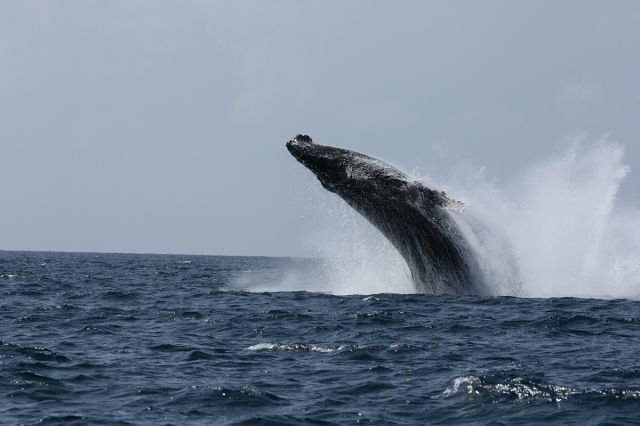
As it happens every year between the months of July and August, in Watamu have been sighted the first whales migrating in this season from Madagascar, through the coasts of Mozambique and Tanzania, towards east.
NATURE
di redazione
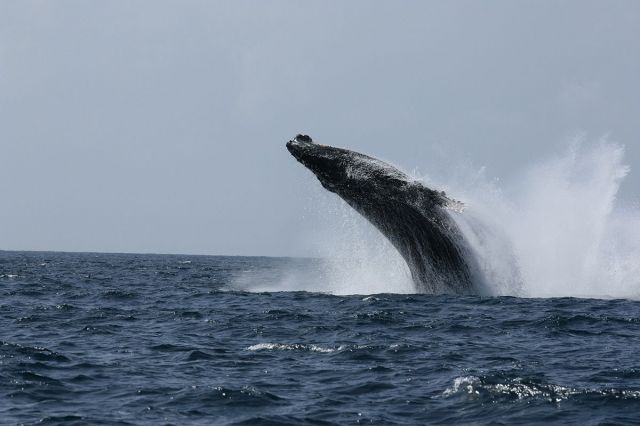
The Indian Ocean also has its "Big 5". It is not only the savannah of Kenya that
KENYA COAST
di redazione

Mombasa is certainly the oldest city in Kenya and one of the historical ports of East Africa. The other landings mentioned as early as the tenth century AD by early navigators, are now ruins of cities (such as Kilwa in...
ENVIRONMENT
di redazione

Environmentalists move by two years to avoid a mess that could relate to the Arabuko Sokoke Forest, which stretches from Gede in Matsangoni, along the Mombasa-Malindi road where there are also inputs for tourists, until well into the street for...
TOURISM
di redazione
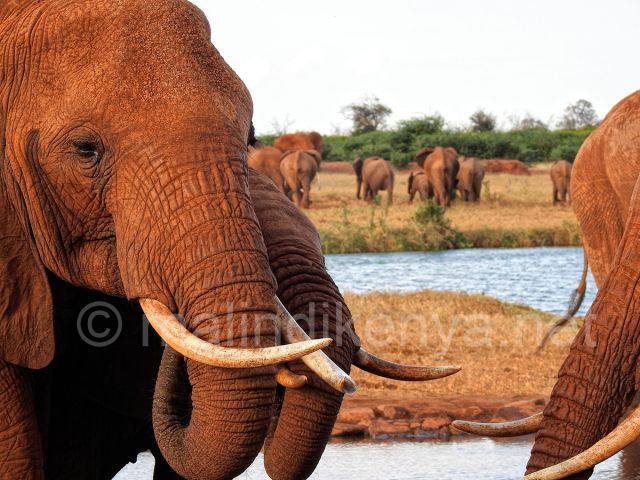
Tsavo National Park has been listed by the prestigious US newspaper New York Times as one of the world's 50 best travel destinations to...
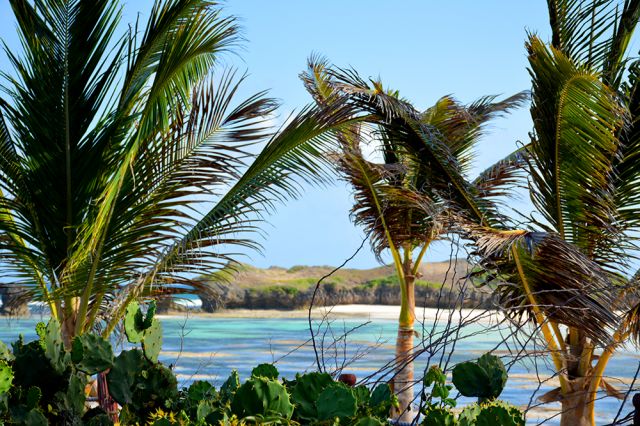
The beauty of nature around Watamu is the first calling card of this wonderful resort in Kenya.
Twenty kilometres before Malindi, arriving from Mombasa and Kilifi, after the...
PLACES
di redazione
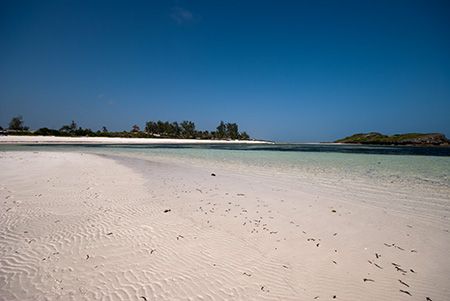
The beauty of nature around Watamu is the first calling card of this wonderful Kenyan resort.
Twenty kilometers before Malindi, arriving from Mombasa and Kilifi, after the villages of Chumani and Matsangoni, you meet...
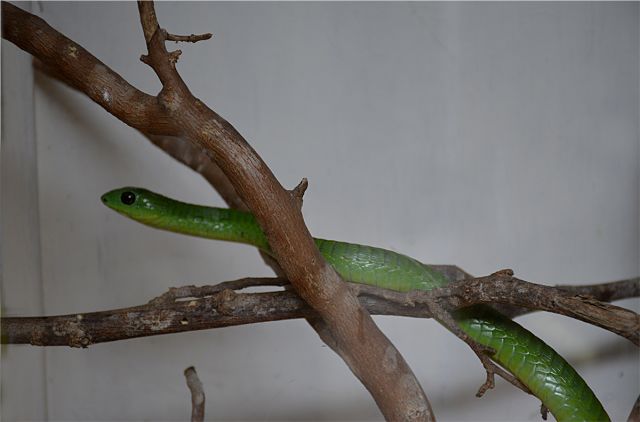
The torrid heat that is continuing in these days on the Kenyan coast could favour the presence of snakes, particularly green and black mamba and more rarely cobras.
Here is a decalogue of precautions reported by KWS.